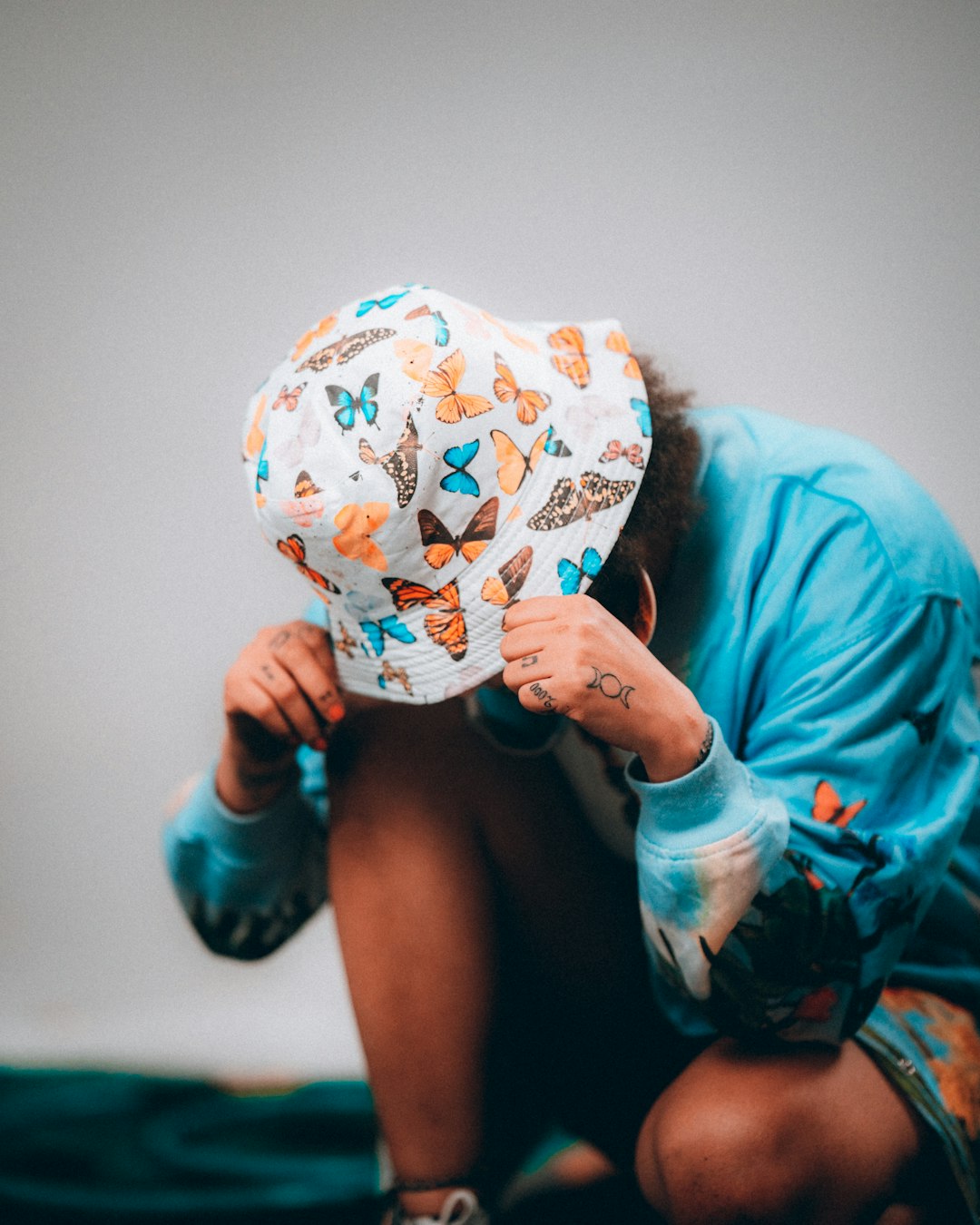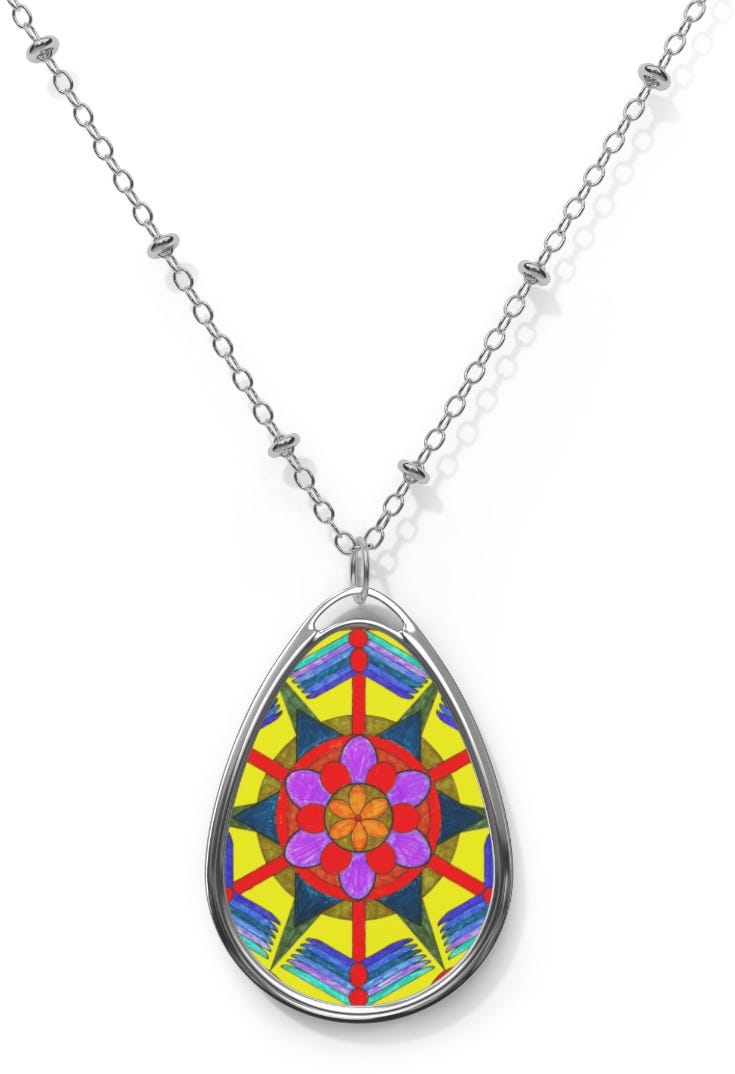
Simply put, resilience is the ability to work through a crisis and return to a pre-crisis state. But what happens when that pre-crisis state no longer exists?
During the quarantine period of the Covid 19 pandemic, I remember the moment the reality of the situation overwhelmed me and I realized the immensity of change we were facing. I understood that our world, our nation, our culture, would never be the same again. I knew that I would also be changed, transitioned into someone else with new perspectives and new priorities, someone about to be transformed by the current and pending experiences.
And I thought, “Okay. A serious life change is pending. I can process and endure this. I wonder who I will be on the other side?”
And then the country “re-opened,” in an anxiety-filled attempt to return to normal before 2020 came to an end, and the year after was for “recovery.”
And yet, here in 2024, I still don’t feel “recovered.” I do not feel revived, recuperated, healed or mentally well. And I am not alone.
According to a recent KFF/CNN survey, concerns about mental health and substance use remain elevated three years after the onset of the COVID-19 pandemic, with 90% of U.S. adults believing that the country is facing a mental health crisis. The report notes, “History has shown that the mental health impact of disasters outlasts the physical impact, suggesting today’s elevated mental health needs will continue well beyond the coronavirus outbreak itself.
A BBC report notes, “For an unfortunate minority of people, perhaps 10 to 15%, life will not return to normal, due to the impact of the pandemic on their mental well-being.”
How long can we maintain resilience? And when does resilience become resignation? What happens when we are strung tight by general anxiety, but are completely and utterly mentally exhausted?
America (and much of the world) has already experienced “The Great Resignation,” following the re-opening. A multitude of Americans simply decided not to return to work. Not to return to “normal.”
My mantra, in moments of extended crisis, boils down to “This, too, shall pass.” Life is change, and nothing is truly permanent. I know that. I also know that control is an illusion.
Sometime during the pandemic, I lost control of my life. It happens sometimes, and I am usually pretty good at devising a plan to regain control. And yet, none of my typical planning has worked out. I spent 2022, the year AFTER recovery, learning to wing it, frustrated by my inability to get my act back together. But understanding this, I took on a mindset of tackling one day at a time. I gave myself permission to process. To recover from the trauma that the pandemic caused, as well as re-recovering from previous traumas the pandemic triggered.
I remember now that it took almost five years to recover from a 27-year-old crisis in my life. And, since I can still be triggered, the truth is — I’ve never fully recovered from it.
And two years after I told myself my phase of wandering and winging it would pass, I’m still wondering and winging it, one day at a time.
I thought I could ground myself with a big garden this year, the process of daily growth, maintenance, eventual harvest and canning has always given me comfort, seeing the seeds sprout, bloom, and grow in spite of the world’s woes.
But this year was a really crappy year for gardening. Seeds didn’t sprout. If they did, they stunted and refused to grow. Perfectly pounded tomato stakes grew wobbly in the storm-saturated ground, finally laid down in a pounding storm that knocked green tomatoes into the mud.
I thought I could relax this summer by the pool. But the days never really remained hot long enough to warm the waters to comfort levels, and (I’m convinced) the repeating rains, combined with Canadian wildfire smoke, made maintaining the proper chemical balance nearly impossible.
I have a list of projects and potential business plans with long and short-term goals. But when I look at the list, a wave of exhaustion washes over me, and I give myself permission to mentally rest. And then I get sick of myself, and in a burst of energy, begin a project without the ability to follow through to finish.
My standards for achievement levels of “lovely, “beautiful,” “amazing,” and “fantastic,’ have diminished to a level of “well, it’s better than it was.”
I find that disconcerting.
There’s a lack of joy in such satisfaction. A lack of passion, a lack of possibility. And yet, I am grateful to have been able to accomplish much of anything.
Near the end of July, when the storms took down the tomato stakes and knocked out our power for 26 hours, the amount of energy required to save the freezer, rescue tomatoes, and clean and rebalance the pool while the grass around me grew higher, but remained too wet to mow — I hit a low.
I can manage just about anything, as long as I see consistent signs of improvement and forward motion. “Better than it was” qualifies. A storm-strewn garden, a pool of green water (again), and a feral yard suddenly full of fleas is not an improvement. There is no forward motion, but a spinning of wheels just to stay in place.
So, I drained the pool and did the best I could to slop through mud to rescue tomato plants and re-stake. I cooked or canned anything from the freezer I thought might have been too risky to re-freeze. I went through these motions with minimal effort, a set goal to manage some minimal recovery.
And then I brought out my canvases and paints. When all else fails, I paint. I immerse myself in brush, canvas, and colors — with minimal demands on my mind, minimal efforts required. I hide there in that creative space because the process is one I can follow from beginning clear to the end. It is a process I can easily control.
I haven’t been the same since the pandemic, and I still have not yet quite figured out how to identify, manage, and adapt to the change. But remembering my previous trauma took five years to <mostly> get over, I am allowing myself another year to get my act together.
And I am grateful I am able to give myself that permission.
If you are floundering, frustrated, flabbergasted or just in a funk, remind yourself that we are all still in recovery. Give yourself permission to not be at your best. Just because the pandemic is “over” doesn’t mean we’ve processed it yet. Find something, just one thing, that lets your mind roll and process the changes we have endured. And remember, this too, shall pass - eventually.
I launched this online newsletter in December 2021 with no other goal but to write again and present my thoughts to the public. At that time, my usual media outlets were waning (The Hur Herald moving away from current events, The Glenville Democrat/Pathfinder’s loss of journalistic ethics), and an itch to write following a 7-year post-MFA writing hiatus.
Now, nearly three years later, I have quit my job (I had to quit twice for it to take), and am working to revive my home-based business which I put on the back-burner during grad school eight years ago.
I should be busting my butt workin’ my business. I should be putting myself out there, building my network, promoting my books and artwork, monetizing this newsletter.
I should be planning and working to monetize my writing and my art — turning my comforts and passions into dollars and cents. I find I can write with minimal effort and paint with almost no effort. But marketing and promotion requires strategy and planning.
And I am not of a strategic mindset right now. I gave up planning two years ago when all my big picture plans washed out. I don’t know how anyone can plan when the world has become fluid and unfamiliar.
Twice I have attempted the “email newsletter format for marketing and promotion.” Twice now, I’ve managed to force myself to make my emails to you strategic. Formatted according to the prescribed formula for success.
And it sucked away the comfort and the passion and the pointlessness of creating in the first place. Frankly, it felt cheesy and clunky and exhausted my brain. And I’m quite sure downsized any enjoyment you get from reading.
And so, that’s not the way we’ll be going. It makes no business sense, but right now, so few things make sense to me, and I can’t make sense of things as I once could. I don’t want to turn my words into a marketing funnel to draw you in. I don’t want to come across as a spider baiting flies.
I just want to write, paint, and can tomatoes. Is that too much to ask? It feels like too much. I’m so exhausted, it seems like a lot to manage. I tell myself it’s okay. I’m working on my resilience day by day. Some days I just submit to the storms, other days I rage against them.
Every day, I understand the term “rode hard and put away wet.” The phrase itself derives from equestrianism, where the failure to properly cool down and groom a horse after a hard ride can lead to physical as well as mental issues.
We were “rode hard” by the pandemic, and should be giving ourselves time to cool down and immerse ourselves in self-care and self-kindness.
So, I’m just going to continue winging it. Just gonna do my thing as best I can at this time. I’m in recovery, and this too shall pass.
In the meantime, without any search engine optimization, marketing funnel, mission statement, business plan, or formulaic manipulation, I simply offer a list of ways you can currently support my resilience, which I still hope one day will be my renaissance.
Become a paying community member of Two-Lane Renaissance. For five dollars a month, you can say, “Lisa, I enjoy your words. I appreciate your efforts, and think your talent is worth at least as much as a monthy cup of expensive coffee.” If you choose a year’s membership, the cost is even lower.
Paying community members get perks, some which are currently available, some which will (I hope and plan) launch in the next 6-12 months. Community members also get discounts in my online studio and at pop-up shop events.Shop at Two-Lane Studio. I sell my paintings only at in-person popup events, but prints and reproductions of my artwork are available online in my studio. Typically, my work is inspired by nature, but sometimes I wander off into other themes and concepts.
Although I do produce and print my own products for my popup shops, the online studio makes use of print-on-demand technology and production to present my artwork on a variety of different products.
Studio products not only include canvas and acrylic prints, but also journals, books, candles, jewelry, home goods, puzzles, cards, and more. Renaissance community members with paid subscriptions receive online discount codes and coupons.


